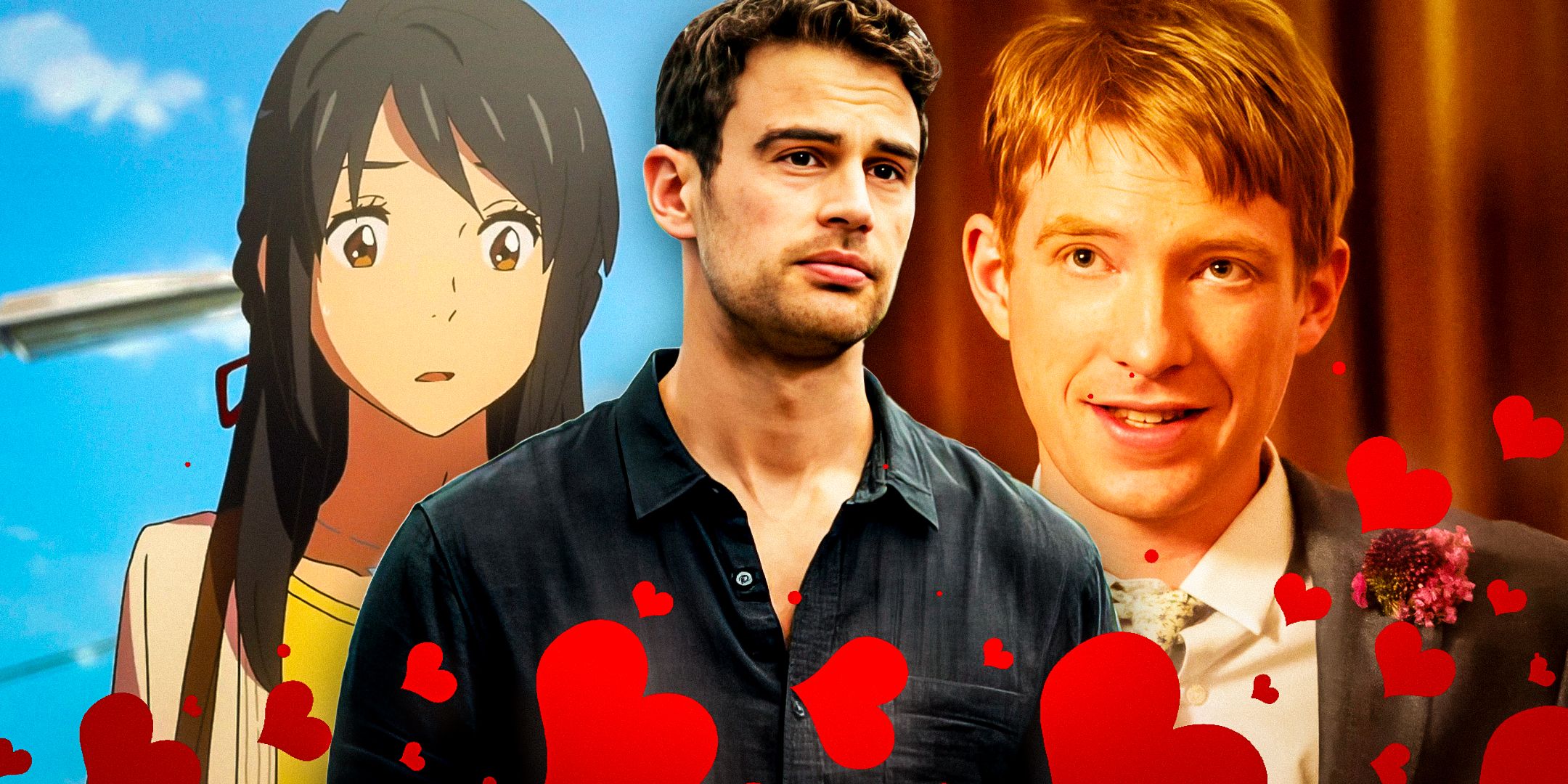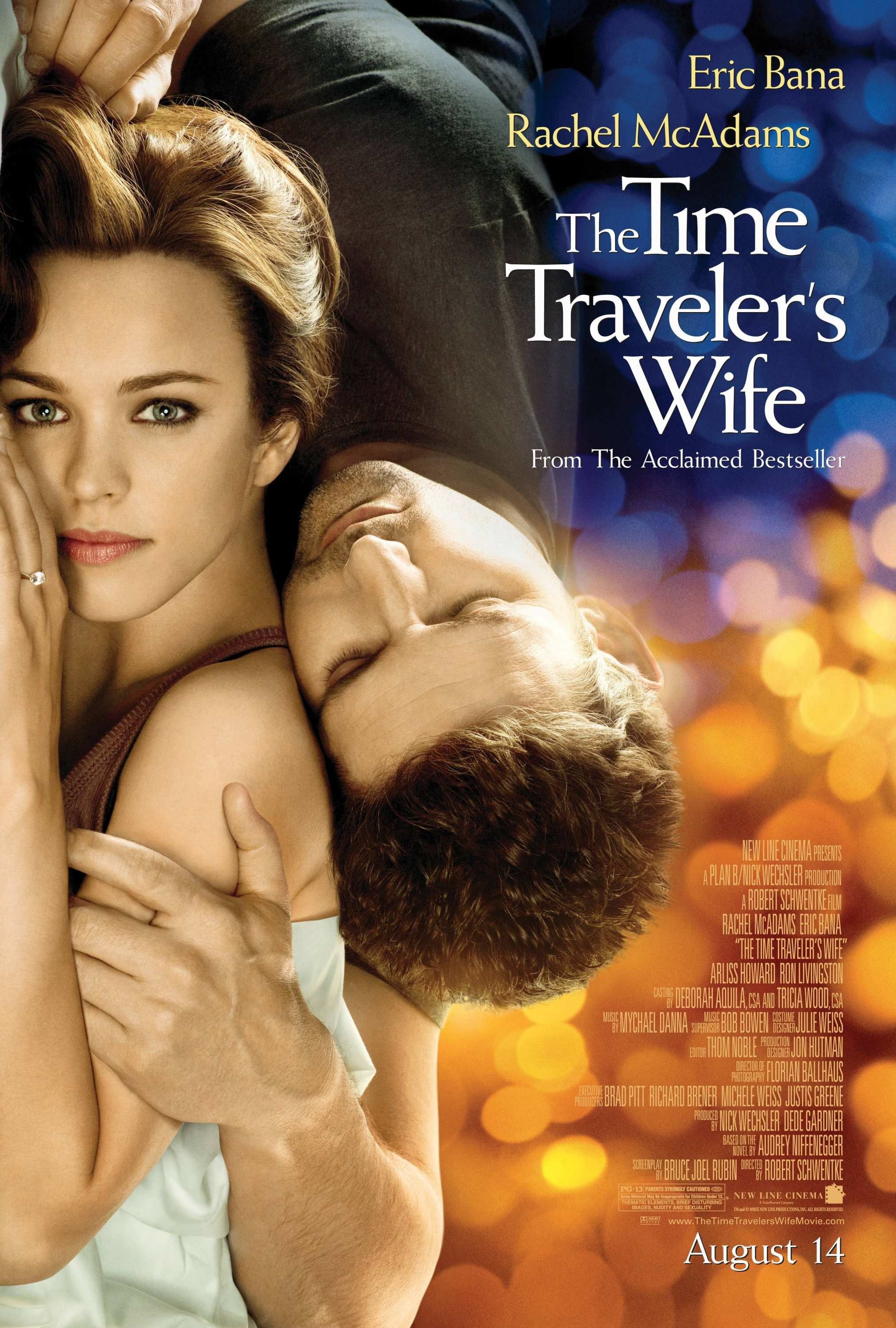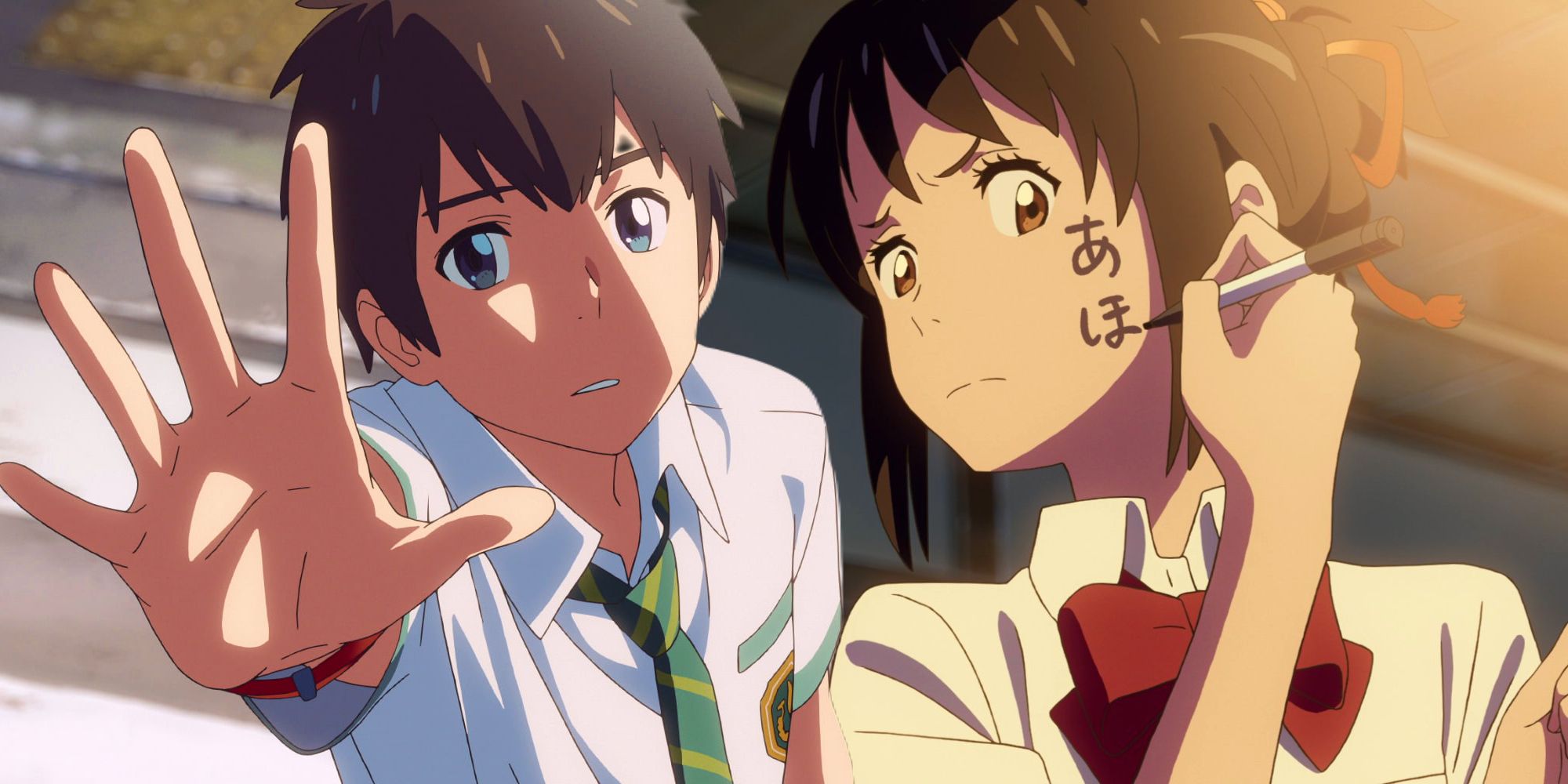


The merging of romance and time travel has led to some truly spectacular movies that highlight eternal themes of absence, destiny, and humanity’s desire to go back and change the past. From hilarious rom-coms that played into the humorous consequences of those trying to mess with time to deeply nuanced portrayals of the hardship of unwanted distance, the time travel romance subgenre was one rife with thematic and emotional resonance. While these movies may be fantastical in concept, the ideas they laid bare captured something universal about the challenges of love and romance.
The best time-travel romance movies all address the consequences of trying to mess with the past and the unintentional problems those who failed to accept destiny were confronted with. These films included some of the best rom-coms of the early 2000s and even enduring classics from beloved franchises of the past. With incredible concepts, unique storytelling devices, and, in some cases, awe-inspiring animation, the best time-travel romance movies all had something special to offer.
The time-travel rom-com When We First Met starred Adam DeVine as Noah Ashby, a man who never got over being friend-zoned by the love of his life three years before. However, when Noah stumbled across a way to travel back in time, he decided to redo the past and finally get things right with Avery Martin (Alexandra Daddario.) With a heartwarming story about staying true to oneself, When We First Met overcame its genre cliches and tropes through an excellent performance from DeVine.
Directed by Ari Sandel, When We First Met took its Groundhog Day-esque concept and ran with it to deliver a movie packed with charm and charisma. Perhaps the greatest asset of When We First Met was how it subverted the predictability of its concept with twists and turns that viewers won’t see coming. The story was great, the acting was superb, and the script was funny, which, when all taken together, made When We First Met among the best Netflix rom-coms.
The Jennifer Garner-led rom-com 13 Going on 30 was a fascinating time-travel story that transported its protagonist from 1987 to 2004. Garner played the grown-up Jenna Rink, a nerdy 13-year-old girl who longed to be popular and secretly loved Matty Flamhaff (Mark Ruffalo), who found herself suddenly 17 years older and living in New York as a successful fashion editor. As a laugh-out-loud story of childhood innocence meeting the incredible potential of adulthood, 13 Going on 30 was as heartfelt as it was humorous.
13 Going on 30 was truly one of the best rom-coms of the 2000s as Garner played a teenager stuck in an adult body to perfection and captured all the awkwardness, anxiety, and earnest innocence of adolescence. Although 13 Going on 30 was filled with plenty of over-the-top fun, it also delivered a powerful message of self-empowerment and the trapping of adult societal expectations. While 13 Going on 30 borrowed a lot from Big, the Tom Hanks movie with a similar premise, its feminist spin added a new dimension to the story and made for a compelling time-travel rom-com.
While the first Back to the Future movie included the franchise’s most notorious romantic subplot when Marty McFly’s mother found herself unknowingly infatuated with her own son, it was the third entry that could genuinely be described as a time-travel romance movie. This was because Doc Brown finally found love with Clara Clayton in Back to the Future Part III. This came after Doc found himself trapped back in 1885 and altered the original timeline when he saved the schoolteacher Clara from certain death.
Back to the Future Part III was an incredibly romantic movie that featured some of the greatest Doc Brown quotes as he told Marty his “future hasn’t been written yet” and that it can be “whatever you make it.” Throughout the franchise, Doc was seen as a man of science who never allowed his life to be complicated by the stresses of love, only for him to encounter the girl of his dreams in the final installment. While the first two Back to the Future movies told Marty’s story, the final entry focused on Doc’s time-travel love story.

In the 1970s, Henry DeTamble discovers he’s a time traveler after a tragic accident. His life intersects with Clare Abshire’s repeatedly, as she’s known him since childhood. Despite marrying, their relationship is challenged by Henry’s uncontrollable jumps through time, leaving Clare to wait for his return. As they navigate the complexities of love and loss, they confront the limitations of Henry’s condition and the impact it has on their family.
The Time Traveler’s Wife was based on Audrey Niffenegger’s novel and powerfully addressed themes of love and absence. With Rachel McAdams as Clare Abshire, the wife of the time traveler Henry DeTamble (Eric Bana), The Time Traveler’s Wife was a heartfelt exploration of building romance in the most trying of circumstances as Clare’s husband continually involuntarily vanished and reappeared throughout her life. With emotional depth and poignant nuance, this story will surely tug at the hearts of all those willing to forgive its logical fallacies.
From the complex challenges of raising a child together to the couple’s mismatched experiences of their timelines, The Time Traveler’s Wife raised interesting questions regarding a non-chronological love affair. For all its faults, The Time Traveler’s Wife succeeded due to the committed performances of McAdams and Bana, who imbued this fantastical romance with depth and realism. The Time Traveler’s Wife was a worthy adaptation of Niffenegger’s novel that’s sure to please lovers of the book.
The Girl Who Leapt Through Time was a loose anime sequel to the 1967 novel by Yasutaka Tsutsui, which told the story of a teenage girl who gained the power of time travel. As 17-year-old Makoto Konno started to use her powers frivolously to solve her problems, she started to unknowingly impact the lives of those around her. As a sci-fi story packed with plenty of romance, The Girl Who Leapt Through Time was a highly imaginative coming-of-age tale that used its unique concept to address themes of personal responsibility.
Makoto’s use of time travel to solve even the most minute of problems, from school tests to awkward conversations, was a humorous depiction of time travel romance that was soon confronted with the stark reality of the consequences of her actions. With impressive visuals and just the right amount of realism, The Girl Who Leapt Through Time was a highly engrossing story of time travel and romance. As the perfect mix of somber and lighthearted humor, The Girl Who Leapt Through Time was an excellent film and a great entry point for those unfamiliar with anime.
The romance of Midnight in Paris was primarily related to the love that people can conjure for a place and the alluring appeal of the past. This Woody Allen-directed time travel story involved the screenwriter Gil Pender (Owen Wilson) confronting his issues with his fiance (Rachel McAdams) as he’s transported back to 1920s Paris. From here, Gil encountered prominent historical artists and writers such as Ernest Hemingway, Salvador Dalí, as well as F. Scott and Zelda Fitzgerald, in a powerful homage to the City of Love: Paris, France.
Midnight in Paris was arguably Allen’s greatest work in the 21st century, which perfectly highlighted his ability to blend everyday relationship anxieties with fantastical stories that paid tribute to the enduring legacy of art and literature. Wilson gave an exceptional performance that mimicked the anxious mannerisms and stuttering awkwardness of Annie Hall’s Alvy Singer. Through the use of magical realism, Midnight in Paris captured the charm of Parisian culture and the infectious romance of the city’s rich artistic history.
Your Name was a complex and emotional anime film by director Makoto Shinkai that may not be immediately recognizable as a time-travel romance. This concept of Your Name involved two Japanese high school students, Taki Tachibana and Mitsuha Miyamizu, who suddenly started to switch bodies despite having never met before. As the story progressed, a deeply nuanced tale of time travel set against the backdrop of an impending natural disaster revealed itself with thrilling effect, highlighting the complex intersection between love and destiny.
With beautiful animation, a thrilling script, and emotionally satisfying characters, Your Name received universal acclaim and stood as one of the most beloved non-Studio Ghibli anime movies ever released. While the ending of Your Name may have been somewhat confusing, this was part of its power, and its two timelines made the conclusion all the more effective. With a unique storytelling style, Your Name managed to add something entirely new to the well-worn time-travel romance genre.

Related
Your Name, a 2016 animated film, combines an emotional love story with a sci-fi time travel element in a plot that can be hard to follow.
On his 21st birthday, Tim Lake’s (Domhnall Gleeson) life was changed forever when he learned he was part of a family whose men could travel back in time to change the past and improve their future. As a beautiful pontification on destiny, love, and the need to accept life’s pain and grievances, About Time was a powerful romance from director Richard Curtis that told a complex and unabashedly sentimental story. With his romance with Mary (Rachel McAdams) at the center of its story, About Time was a beautiful depiction of an ordinary man’s extraordinary life.
While many comparisons could be made to The Time Traveler’s Wife, which also co-starred McAdams, About Time captured the poignancy and fragility of tampering with romance in a way that felt far warmer and was delivered with more humor. Although plotholes appear if viewers think too hard about the logic behind time travel in About Time, the movie proceeds with such vibrancy that it is easy to forgive these faults. With plenty of twists and turns, About Time delivered everything a viewer could want from a time-travel romance movie.